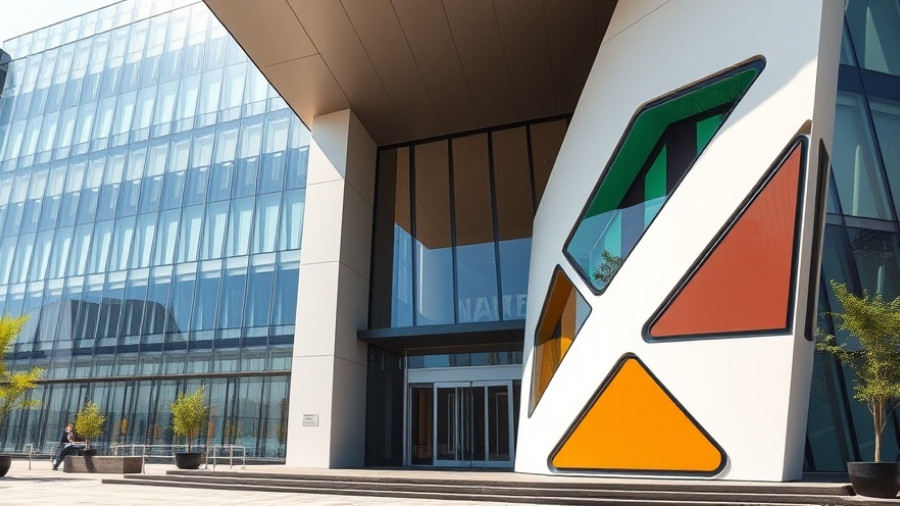
The Impact of a Government Shutdown on Corporate Mergers
In a striking intersection of politics and big business, a federal judge recently paused antitrust proceedings concerning the $14 billion merger between Hewlett Packard Enterprise (HPE) and Juniper Networks due to the government shutdown. This judicial suspension comes amid a key moment for both entities, as they attempt to navigate the complex waters of federal scrutiny while simultaneously striving to innovate within the rapidly evolving tech landscape.
Why Now? The Critical Timing of the HPE-Juniper Deal
As HPE executives assert, the merger with Juniper came just in time to capitalize on increased demand for Artificial Intelligence (AI) infrastructure. With businesses, particularly in the government sector, scrambling to enhance their tech capabilities, timing is paramount. The closure of the deal prior to the shutdown means HPE can begin to provide more integrated solutions to clients seeking to fortify their AI-enabled systems.
The Government’s Concerns: A Heated Antitrust Debate
The Department of Justice (DOJ) filed a lawsuit aiming to block the merger, claiming that it would result in diminished competition and reduced innovation in the market. Attorneys highlighted the potential risk of the merger leading to higher prices and fewer choices for consumers, as HPE and Juniper would effectively eliminate competition between themselves. This concern echoes wider worries about market consolidation in the tech sector, especially in areas impacting critical services such as healthcare and infrastructure.
HPE and Juniper’s Defense: A Case for Competition
Responding to these allegations, HPE and Juniper staunchly defended the merger, arguing it is pro-competitive. They maintain that the WLAN market is not dominated by just a few players and that many alternatives exist. Their core argument hinges on the idea that the merger will enhance innovation and provide better choices for consumers amid a dramatically evolving market landscape driven predominantly by AI advancements.
Reactions from the Industry: Mixed Feelings Amid Uncertainty
While some in the tech community applause the anticipated upgrades to AI infrastructure, others express concern about the potential implications of the DOJ's actions. Solution providers and partners fear that blocking the merger may solidify Cisco Systems' dominance over the market—not necessarily in the consumers' best interest. This situation highlights the intricate balance between government regulation and corporate strategy, especially in a field as dynamic as technology.
The Broader Implications: A Canary in the Coal Mine for M&A Activity
This scenario casts a shadow over future mergers and acquisitions within the tech sector. Partners within the HPE and Juniper networks have expressed dismay at the government's stance, indicating unexpected resistance in an administration thought to be leaning towards a more merger-friendly approach. Will this lawsuit lead to a chilling effect on M&A activity in the technology sector, or will it catalyze necessary reforms in how deals are evaluated?
Conclusion: The Future of Mergers and Technology
As we await the resumption of legal proceedings, the outcome of the HPE-Juniper merger is uncertain. What is clear is that this situation is emblematic of the tensions between innovation and regulation in the tech world. For many businesses looking to upgrade their infrastructure, understanding the implications of such mergers is crucial. Stakeholders on all sides must remain vigilant, informed, and prepared to adapt to an ever-changing market landscape.
 Add Element
Add Element  Add Row
Add Row 



Write A Comment